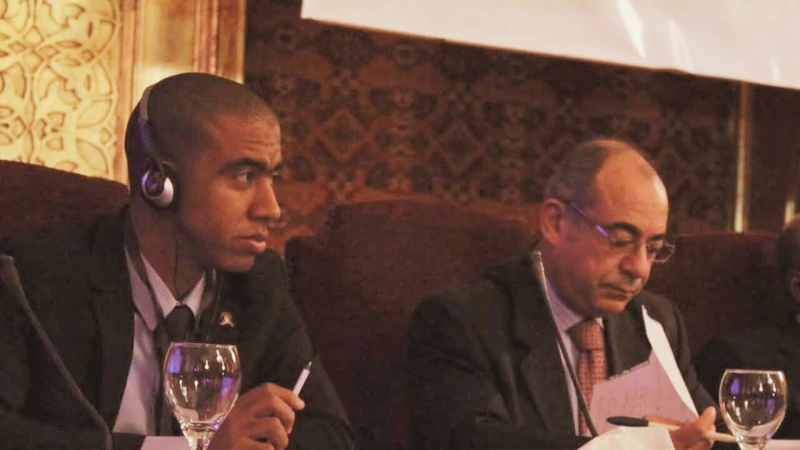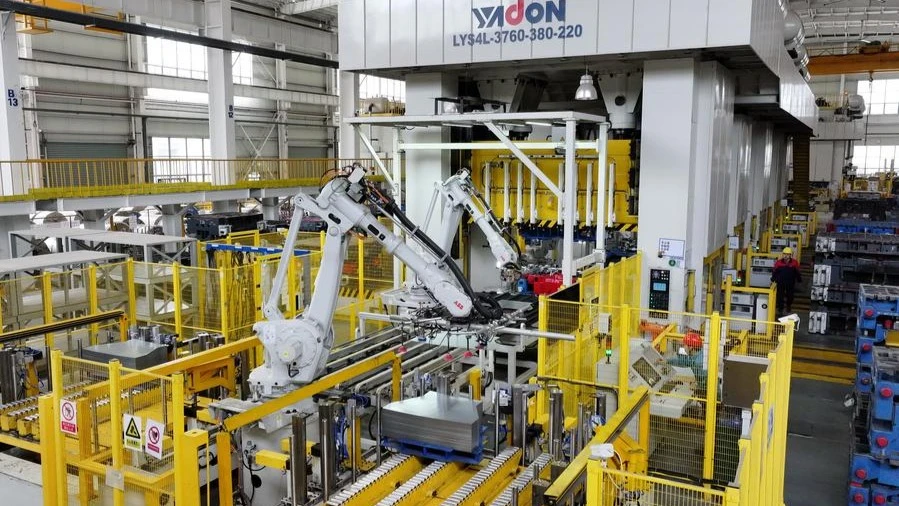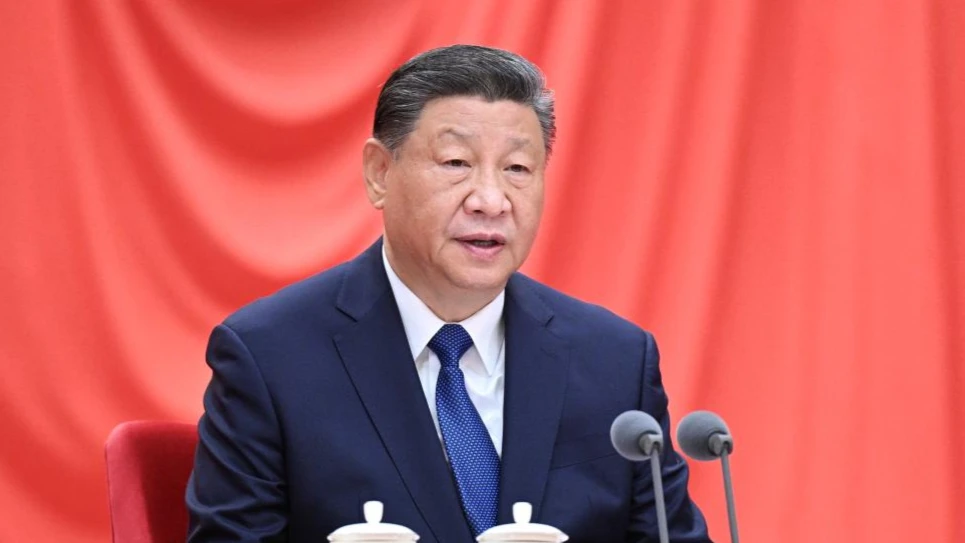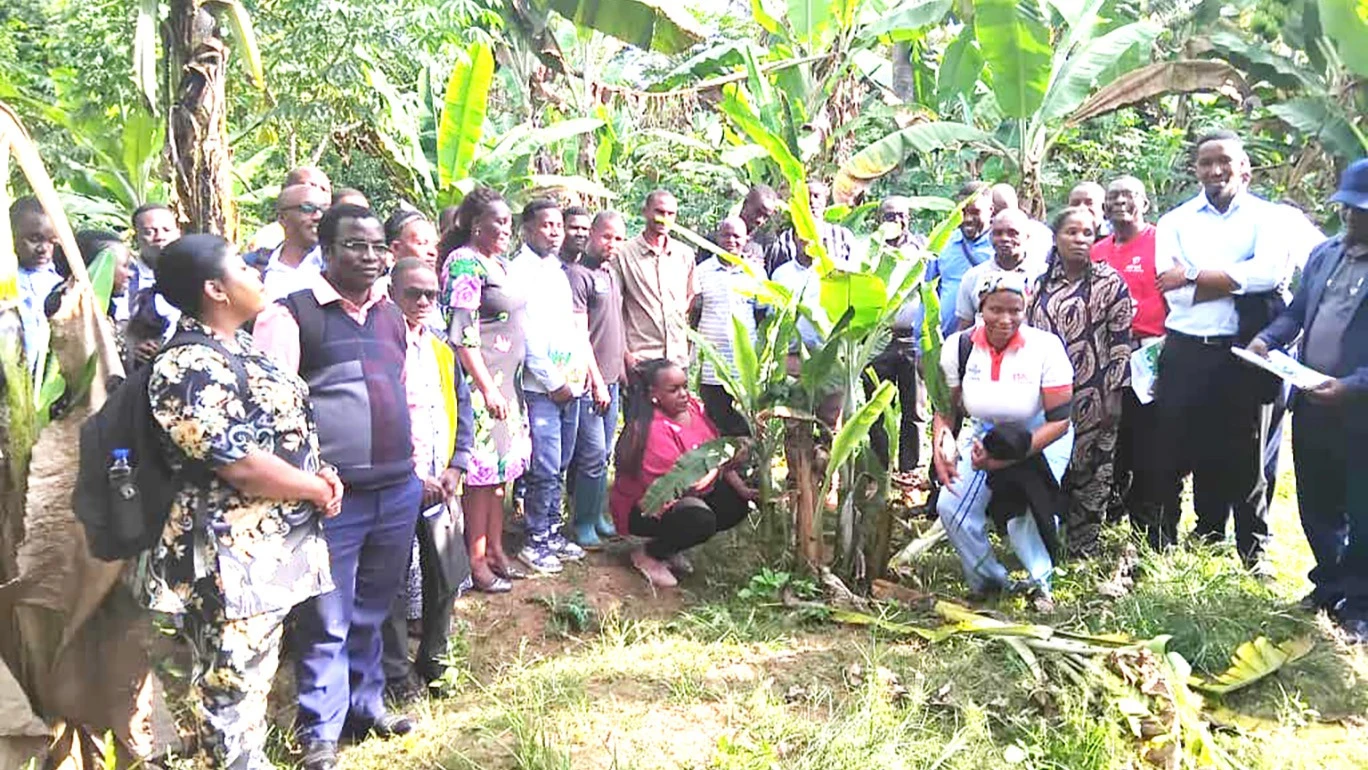Africa exploring plastic-based biofuels amid growing environmental concerns
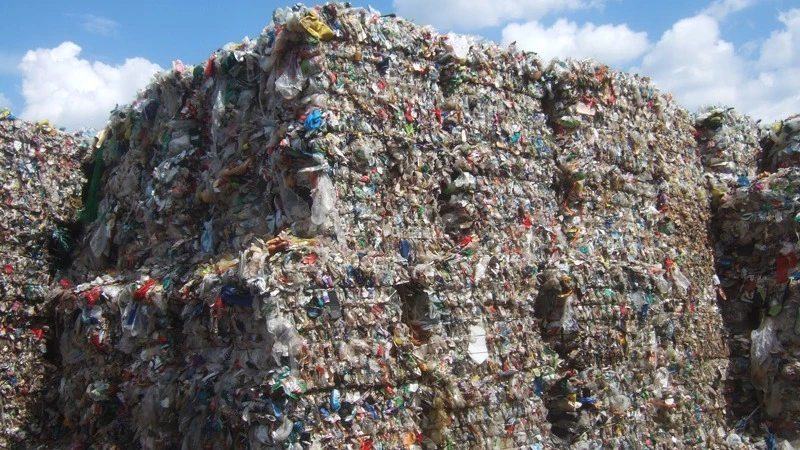
Several African nations are exploring the idea of transforming plastic or household waste into energy.
The latest development comes from Gabon, where Corsair Group International, a Canada-based company specializing in plastic recycling, met with Industry Minister Lubin Ntoutoume last week, to discuss producing fuel from waste plastics.
This process, known as pyrolysis, is presented as a solution to locally produce fuel while reducing waste volumes. Pyrolysis essentially involves the thermal decomposition of plastic into liquid fuels.
However, the method has sparked fierce debate, with environmental groups and researchers questioning both its safety and sustainability.
A 2023 report from GAIA (Global Alliance for Incinerator Alternatives) criticized pyrolysis, comparing it to traditional waste incineration.
Although the process avoids oxygen, it still releases toxic fumes and harmful residues. Without effective filtration, pyrolysis can emit carcinogenic substances such as dioxins and heavy metals, according to the World Health Organization.
Several African nations, including Gabon, Nigeria, and South Africa, are actively exploring waste-to-energy initiatives.
There are valid concerns about the potential for harmful emissions and toxic byproducts from both pyrolysis and incineration-based waste-to-energy technologies, especially if not implemented with proper pollution control measures.
Analysts say the sustainability of using plastic waste for energy needs to be carefully evaluated, considering the potential environmental impacts and the availability of alternative, more sustainable solutions.
The International Pollutants Elimination Network (IPEN) has also raised alarms. In a 2024 technical note, the NGO argued that so-called "advanced recycling" technologies like pyrolysis risk prolonging plastic dependency instead of solving it.
IPEN warned that heavy investment in pyrolysis could trap countries in a flawed solution, delaying more sustainable strategies such as plastic reduction at the source or improving existing mechanical recycling.
If a country invests significantly in this technology, it could remain dependent on this solution even if it does not deliver on its promises. This situation could hinder the development of simpler and more sustainable solutions.
On the scientific front, a May 2025 study from the King Abdullah Petroleum Studies and Research Center (KAPSARC) think tank confirmed that pyrolysis requires a significant amount of energy input, though it did not specify how much.
The study also noted that pyrolysis performs best with sorted, uniform plastic waste, a resource that remains rare in most African nations. Similarly, a February 2025 paper in MDPI Sustainability concluded that even under ideal industrial conditions, pyrolysis falls short of mechanical recycling in terms of reducing greenhouse gas emissions.
Still, KAPSARC called pyrolysis "an important tool" within the broader fight against the global plastic crisis.
However, for Africa, its success depends on several conditions: rigorous waste sorting, stable supply chains, and structured, reliable facilities. This also implies establishing appropriate standards, strengthening local skills, ensuring access to reliable technologies, and identifying clear economic opportunities to make the model viable.
According to environmentalists, while using plastic waste for energy offers a potential solution to both waste management and energy access challenges in Africa, it's crucial to prioritize sustainable and environmentally sound practices to minimize potential risks and maximize benefits.
Top Headlines
© 2025 IPPMEDIA.COM. ALL RIGHTS RESERVED











